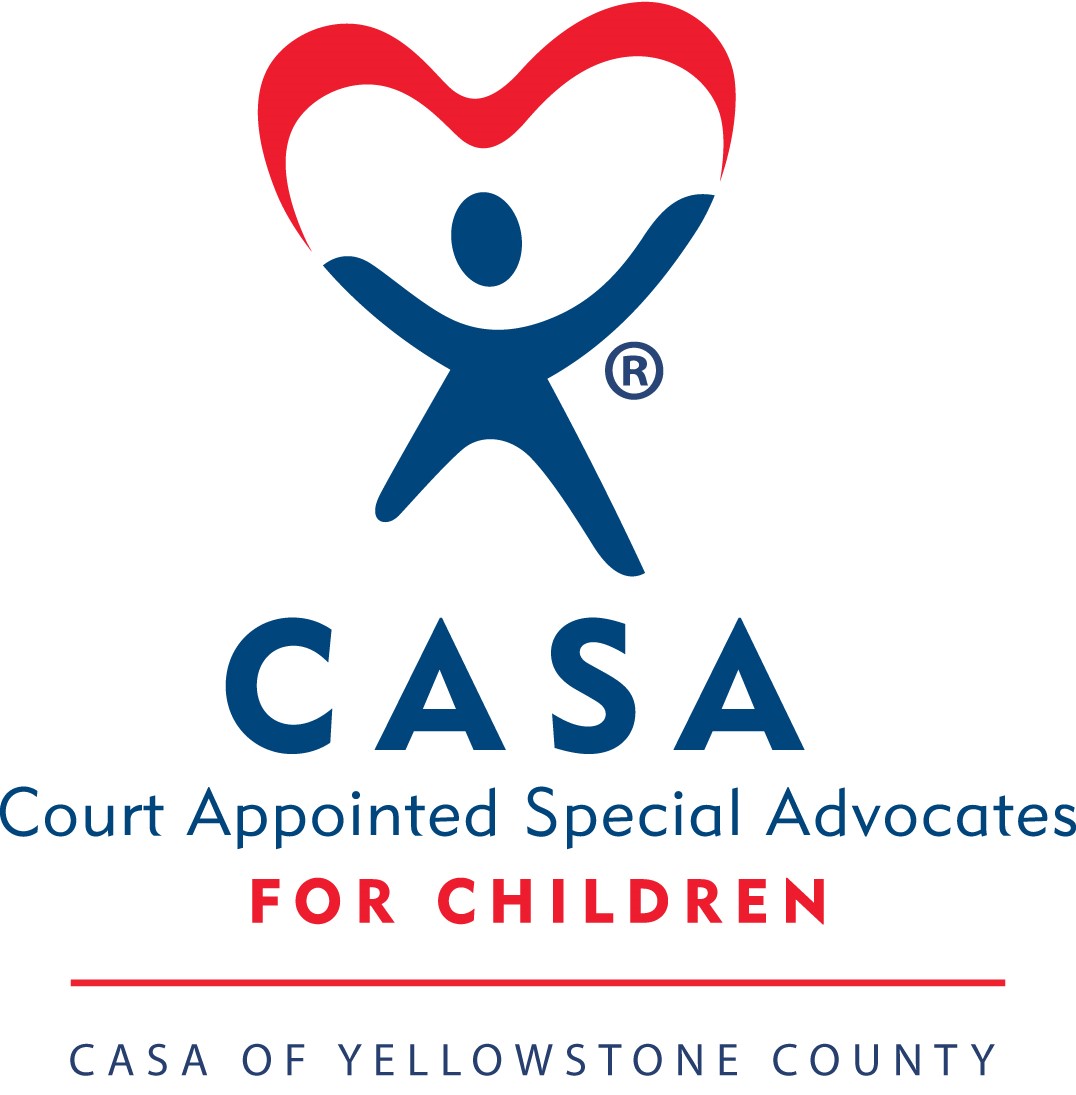In Yellowstone County there are 142 Court Appointed Special Advocates: 120 are women, 22 are men. Why are there so few men? It’s a question that comes up often. I decided to see what the answers might be, so I reached out to advocates from both genders for their insights. What I thought would be a fairly straightforward investigation has proven less so, however. Asking the question of others has encouraged me to ask the question of myself.
I began my investigation with three questions. The first: “What is your background (education, career, family, life history)?” Second, “Why did you become a CASA?” Next, “How do we increase the number of male CASAs?” I realized after receiving numerous answers to these questions that another question had to be asked, too: “What does being a CASA male role model mean to you?”
I found that men come to CASA from all sorts of backgrounds: youth ministry, science education, music education, accounting, law enforcement, medicine, and engineering, to name a few. While sometimes it’s thought that volunteering appeals to retirees (yours truly fits here), not all male Advocates are retired. In fact, most have active careers.
Men become CASAs for different reasons, too. Some volunteer to become a voice for children who rarely are in a position to advocate for themselves. Others become CASAs because children in care have few, if any, caring adults to rely on. All stress the desire to contribute in a positive way to the community.
One answer to the question about increasing the number of men who are CASAs is to look at how men become CASAs in the first place. Many come to volunteer through learning about CASA from their service clubs, churches, and business groups. Those approaches need to continue, but so also does “word of mouth” and “shoulder-tapping” advise several CASA men. It is also important to emphasize that to help CASA children is to make a safer community. More men involved in CASA means more safety for the community.
My own life story not all that different. I grew up in Billings and delivered papers for the Billings Gazette. To pay for college I unloaded boxcars, loaded pallets of flour, and set up lion tamer cages for the circus. I earned my degrees to become a college professor, taught in Indiana, Ohio, and Tennessee – and China, Oman, and Kyrgyzstan – then retired 6 years ago to return home. I became a CASA because, the only child of a single mother, I grew up in the smaller, safer Billings of the 1950s and ‘60s. Growing up in poverty then, I was lucky. Kids who have nothing today are rarely so lucky. It’s not just physical and emotional trauma that CASA kids experience, but no small measure of social isolation.
Social isolation – that’s what made me think harder about what it means to me to be a CASA male role model. A poor child can grow up invisible; few CASA kids have soccer moms or dads who cart them to Amend Park. I always had a bike, but not every CASA child does. On a bike, a kid’s neighborhood becomes a bigger world; without one, the walls of a dysfunctional family close in. With good foster parents and a dedicated CASA, soccer and bikes are possible. So is scouting and little league, which scout masters and coaches wouldn’t allow me to enjoy because I had no dad to take me camping or play catch. That’s just the way it was growing up back then; no one questioned it. But having no father left me socially isolated. Of course, things are different now. That sort of patriarchy just isn’t allowed.
We all learn as CASAs to become culturally more sensitive. Training on the Indian Child Welfare Act (ICWA) is the prime example here, but we also learn that differences in language, religion, sexual orientation, even styles of dress need to be respected and factored into our work as CASAs. Now that we better understand how an absent father affects a child, male CASAs can also better understand how being a male role model is to partially, and only partially, stand in for him.
I’m not sure that being a role model is all that straight forward, though. Male CASAs are men after all, and in myriad ways we remain immersed in a patriarchal culture. It isn’t enough for me to say that I’d never let a CASA kid be kept from scouting or little league because there is no dad around. Of course, I would never allow that. But his mom still earns 78 cents for every man’s dollar; her mom gets told that she never works as hard as a man; his mom has to put up with sexual harassment and misogyny; her mom is the culprit if she is sexually assaulted.
It’s uncomfortable to think about all this, especially when you personally would never entertain these ideas, never act on them. But what we would never do personally and what our culture does in spite of our best efforts are quite different.
Here I find social scientist Bobbi Harro’s essay “The Cycle of Socialization,” written almost 20 years ago to be very helpful. Her argument is too complex to summarize here, but her essay is filled with thought-provoking ideas. Here’s one:
“Think about Howard Stern, Jerry Springer, Married with Children, beer and car advertising, talk radio, girl vs man, Christmas vacation, the Rolling Stones’ ‘Under My Thumb,’ the ‘old boy’s network,’ and websites that foster hate. We could identify thousands of examples to illustrate the oppressive messages that bombard us daily from various institutions and aspects of our culture, reinforcing our division and ‘justifying’ discrimination and prejudice.”
Now, situate your CASA children in this cultural network. He learns to be a man by playing video games like Call of Duty; she learns to be a “girl” by downloading Kardashian makeup videos from YouTube; they both hear women demeaned by public figures.
When you reflect on all this, it should be obvious that being a male CASA should mean more than being a male role model, a partial stand in for an absent father. Yes, that’s important. But until we work harder to disentangle ourselves from all that patriarchal culture entails, we can only partially help CASA kids and families to heal. We have to work on ourselves, too. Advocating for kids means advocating just as hard to change the cultural roles and attitudes that trap us all.
Bill McRae was sworn in as a Court Appointed Special Advocate in 2013 and is currently a volunteer Peer Coordinator.






